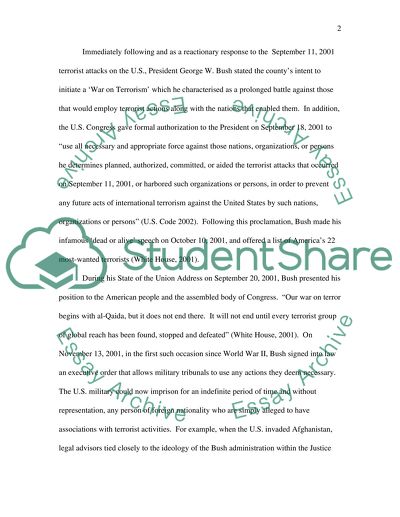Cite this document
(“Perspectives of Terrorism Essay Example | Topics and Well Written Essays - 2750 words”, n.d.)
Perspectives of Terrorism Essay Example | Topics and Well Written Essays - 2750 words. Retrieved from https://studentshare.org/history/1514768-perespectives-of-terrorism
Perspectives of Terrorism Essay Example | Topics and Well Written Essays - 2750 words. Retrieved from https://studentshare.org/history/1514768-perespectives-of-terrorism
(Perspectives of Terrorism Essay Example | Topics and Well Written Essays - 2750 Words)
Perspectives of Terrorism Essay Example | Topics and Well Written Essays - 2750 Words. https://studentshare.org/history/1514768-perespectives-of-terrorism.
Perspectives of Terrorism Essay Example | Topics and Well Written Essays - 2750 Words. https://studentshare.org/history/1514768-perespectives-of-terrorism.
“Perspectives of Terrorism Essay Example | Topics and Well Written Essays - 2750 Words”, n.d. https://studentshare.org/history/1514768-perespectives-of-terrorism.


